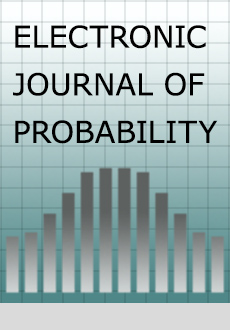Abstract
Using an approach based, amongst other things, on Proposition 1 of Kaluza (1928), Goldie (1967) and, using a different approach based especially on zeros of polynomials, Steutel (1967) have proved that each nondegenerate distribution function (d.f.) $F$<em></em> (on $\mathbb{R}$, the real line), satisfying $F(0-)=0$ and $F(x)=F(0)+(1-F(0))G(x), x > 0$, where $G$ is the d.f. corresponding to a mixture of exponential distributions, is infinitely divisible. Indeed, Proposition 1 of Kaluza (1928) implies that any nondegenerate discrete probability distribution $\{p_x:x=0,1,\ldots\}$ that is log-convex or, in particular, completely monotone, is compound geometric, and, hence, infinitely divisible. Steutel (1970), Shanbhag & Sreehari (1977) and Steutel & van Harn (2004, Chapter VI) have given certain extensions or variations of one or more of these results. Following a modified version of the C.R. Rao <em>et al.</em> (2009, Section 4) approach based on the Wiener-Hopf factorization, we establish some further results of significance to the literature on infinite divisibility.
Citation
Theofanis Sapatinas. Damodar Shanbhag. Arjun Gupta. "Some New Approaches to Infinite Divisibility." Electron. J. Probab. 16 2359 - 2374, 2011. https://doi.org/10.1214/EJP.v16-961
Information





